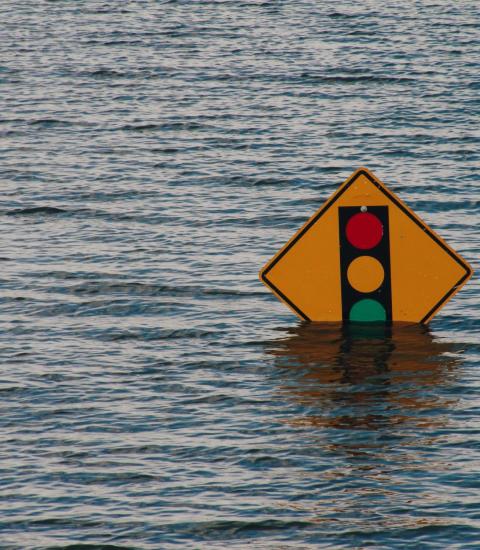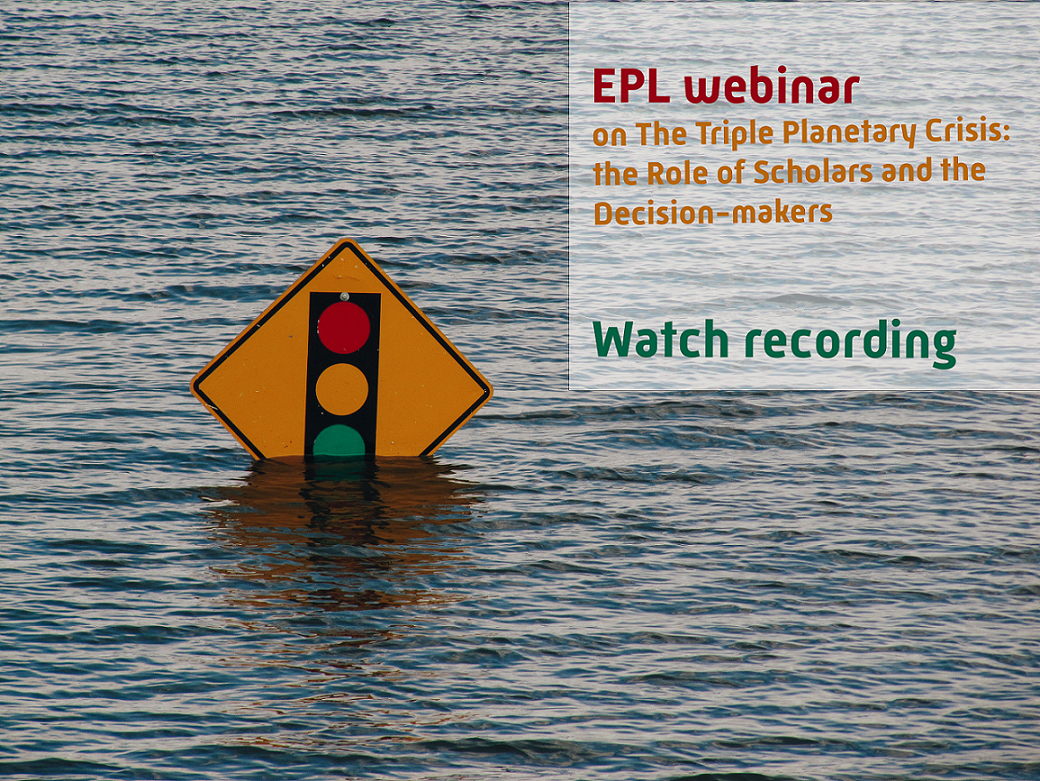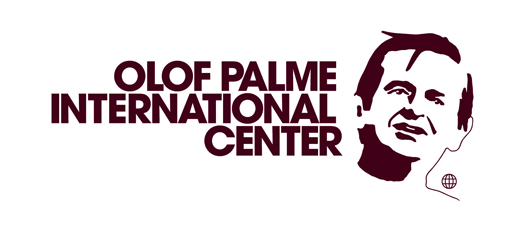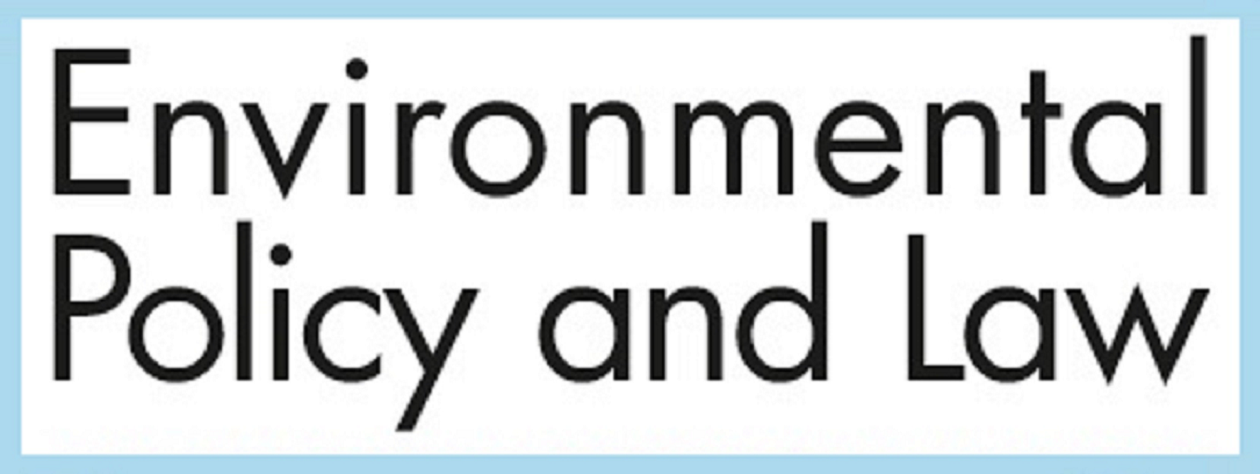
In an address of June 2, 2022 at the Stockholm+50 Conference, the United Nations (UN) Secretary-General Antonio Guterres warned that we have not kept our promises on the environment since our consumption is “at the rate of 1.7 planets a year” and the “global well-being is in jeopardy”. Inger Andersen, UNEP executive director, also underscored that “If we do not change, the triple planetary crisis of climate change, nature and biodiversity loss, and pollution and waste will only accelerate." The alarm bells rung by the UN decision-makers have been based upon the findings of several scientific reports in 2022 (including IPCC6; UNEP and WMO). Thus, the gathering storms indicate a planetary-level environmental crisis. Do they cast shadows of the coming events before in the 21st century? Humankind seems to be sleepwalking into an existential ‘triple planetary crisis’ almost akin to some of the catastrophic events that devastated the world in the 20th century.

Banner photo by Kelly Sikkema on Unsplash
It is in the above context this webinar with a panel of eminent scholars and practioners will seek to examine the following:
I. How real is the triple planetary crisis? What level of existential threat it presents for the humankind, all life forms, the global environment and the commons?
II. Did the Stockholm+50 Moment became an effort to be ‘politically correct’ rather than seize the moment to ordain a serious revitalization of the existing corpus of international environmental legal instruments as well as the international environmental governance architecture?
III. What will take for us to usher into a healthy planet for our common environmental future?
IV. Are the suggested five ‘R’ pathways adequate? (a) reimagining the future (b) regeneration of the ecosystems (c) recovery (green) (d) rebalance equitable resource use (e) reinvigorated multilateralism.
V. What role futuristic scholarly ideas can play in providing solutions for averting the planetary level crisis?
VI. Can we turn to the General Assembly, as the plenary UN organ, for a clarion call to set in motion a bold normative process for a “plenary concern”? What can we expect from the Summit of the Future 2024?
Webinar: The Triple Planetary Crisis
The webinar took place on June 5, 2023, at 07:00 AM (EDT) / 01:00 PM (CEST) / 4:30 PM (IST) | Watch the recording here.
The Journal of Environmental Policy and Law (EPL) and IOS Press thanks everyone who could join to take part or watch this webinar. Please view the recording online!
PROGRAM
Welcome by Marten Stavenga (IOS Press, Amsterdam, The Netherlands)
Introduction by EPL Editor-in-Chief Bharat Desai (Jawaharlal Nehru University, New Delhi, India)
Discussion moderated by Bharat Desai, EPL Editor-in-Chief
PANEL OF SPEAKERS
- Nicholas A Robinson, University Professor Emeritus, Elisabeth School of Law, Pace University, New York, USA (TBC)
- Christina Voigt, University of Oslo, Department of Public and International Law, Oslo, Norway
- Nico Schrijver, Professor Emeritus in Public International Law, Leiden University, The Netherlands
- Oliver Ruppel, Professor of Public International Law, Stellenbosch University, South Africa
- Kirk Junker, Professor of Law, University of Köln, Germany (TBC)
- Patricia Mbote, Director, Law Division, United Nations Environment Program, Nairobi, Kenya
Closing remarks by Bharat Desai, EPL Editor-in-Chief
We thank following organizations for their support:
– Global Pact Coalition![]()
– International Council of Environmental Law ![]()
– International Union for Conservation of Nature

– Olof Palme International Center 
Watch the webinar recording here!

